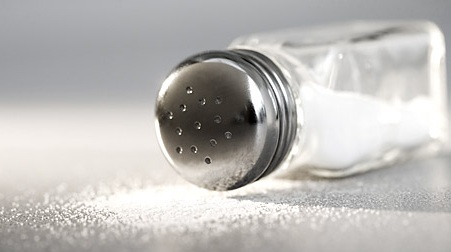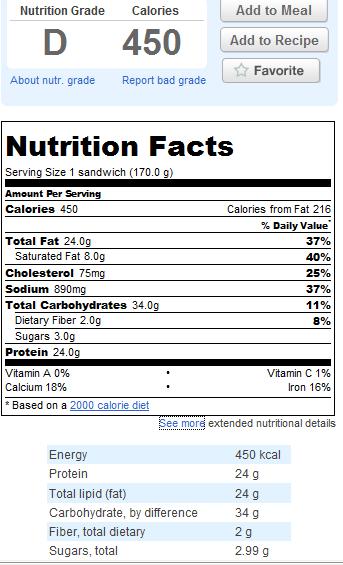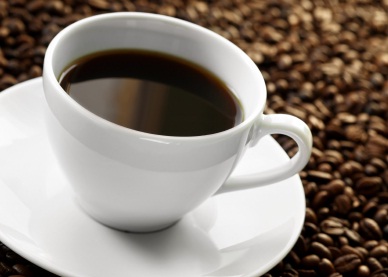Reducing Your Salt Intake May Be Bad For You, Study Says
 Wednesday, November 9, 2011 at 7:56PM
Wednesday, November 9, 2011 at 7:56PM Cutting back on salt consumption can lead to a drop in blood pressure, but that health benefit could be offset in some people by a small increase in cholesterol levels. That’s the troubling finding of a new study published today in the American Journal of Hypertension, which analyzed evidence from 167 studies measuring the effects of sodium reduction.
And it adds to a growing body of research questioning the value of cutting back on salt if you’re otherwise healthy and don’t have high blood pressure. A study published last May in the Journal of the American Medical Association found that healthy people who ate the least amount of sodium didn’t have any health advantage over those who ate the most, and they actually had a slightly higher risk of dying from heart disease.
Another review analysis in July found that lowering salt intake led to lower blood pressure levels but not fewer deaths from heart attacks and strokes -- even in people who already had established heart disease.
Some of the results, salt intake did lower blood pressure as expected, but it caused a 2.5 percent increase in cholesterol and a 7 percent increase triglycerides. The researchers also found dietary salt reduction caused kidneys to produce more enzymes and hormones that regulate the body's salt levels, which in turn cause the body to retain more salt. All these increases were considered significant, and could be harmful for cardiovascular health, the researchers said.
Should Americans stay put when it comes to their salt intake?
"Certainly I would not tell my patients not to lower their sodium because it might then raise your cholesterol," Dr. Tara Narula, a cardiologist at Lenox Hill Hospital in New York City, told WebMD. "I'd be hard pressed to find other cardiologists who would say that based on this study that they would not recommend low-sodium diets to people, especially those that have hypertension and heart failure."

 Salt,
Salt,  diet,
diet,  heart disease,
heart disease,  hypertension in
hypertension in  Food,
Food,  Internet,
Internet,  Medical,
Medical,  News,
News,  People
People 




